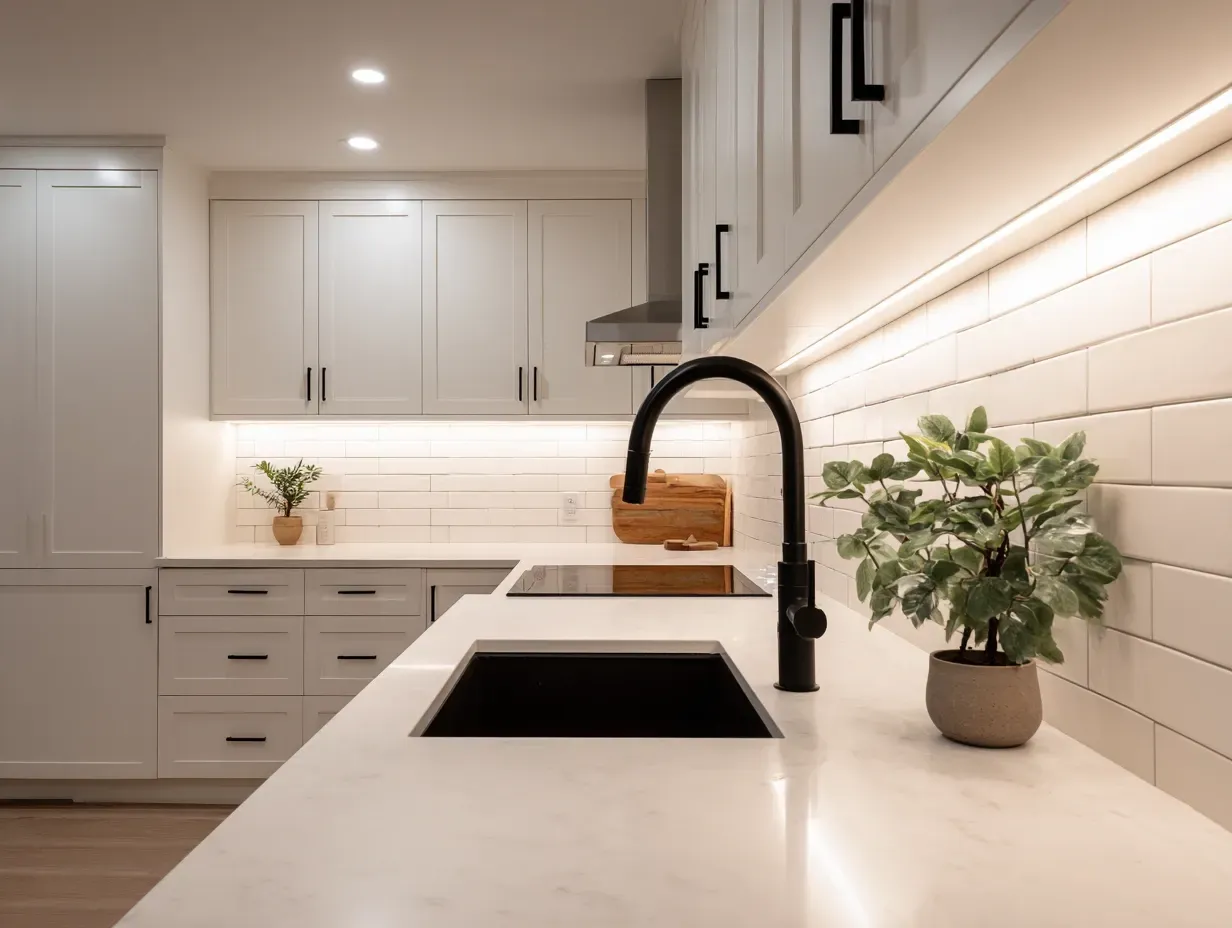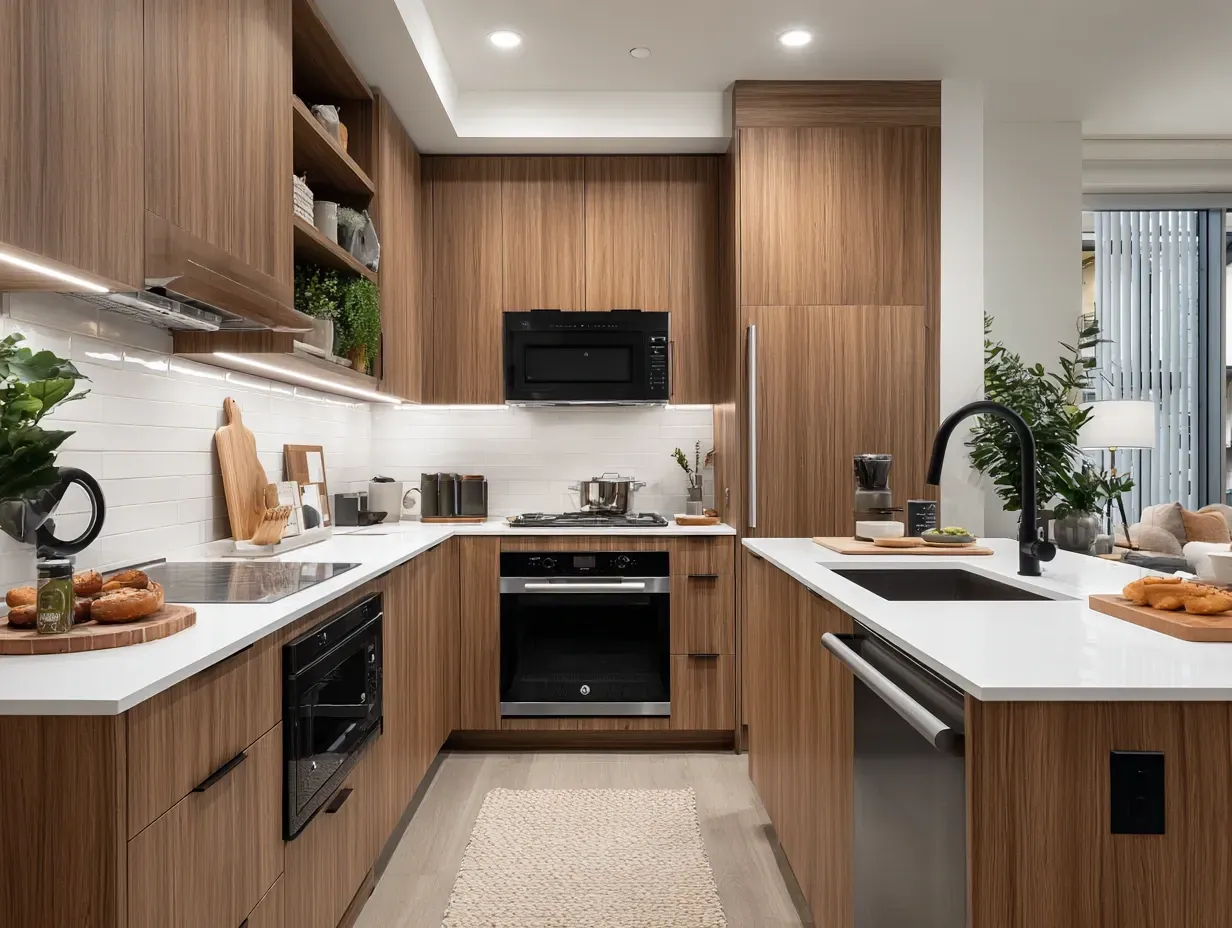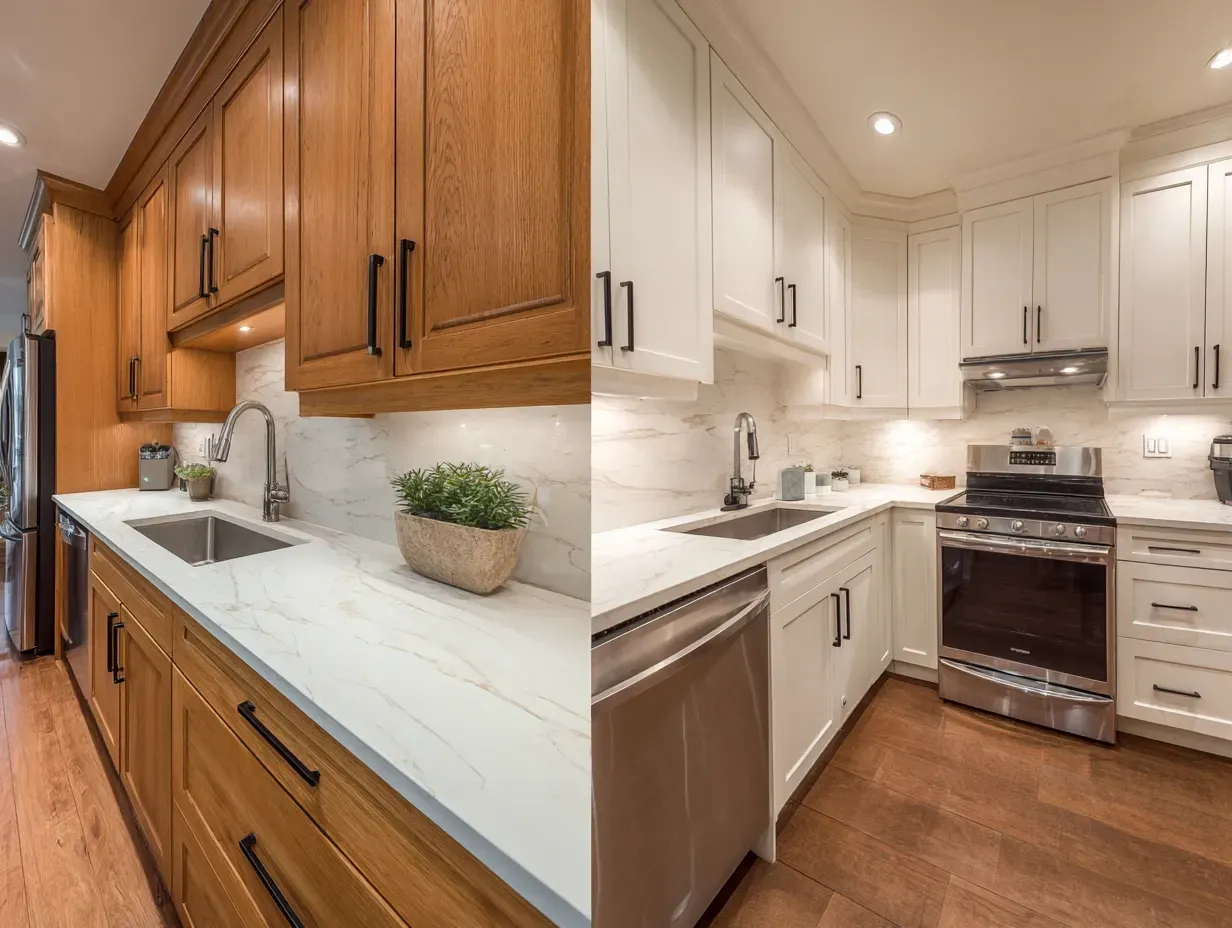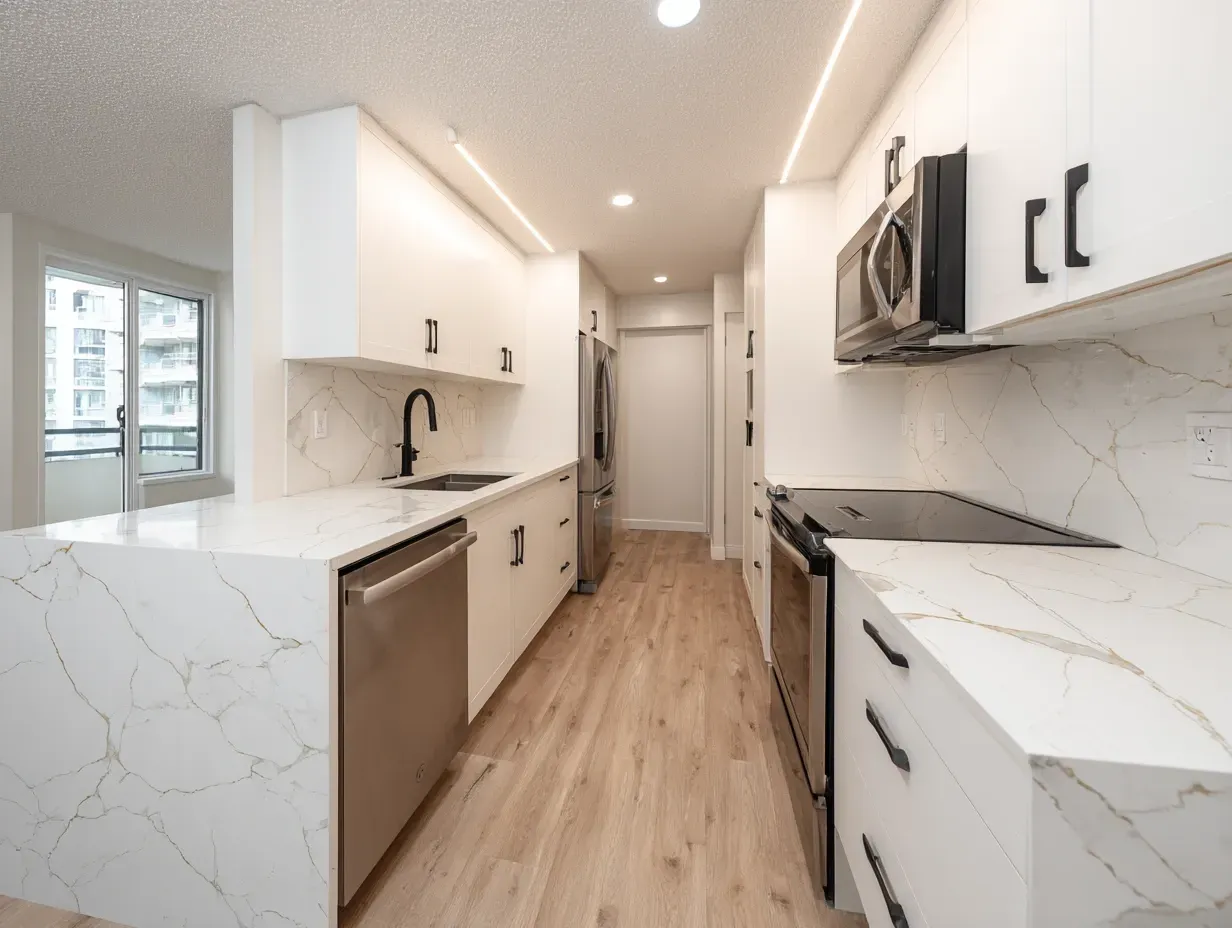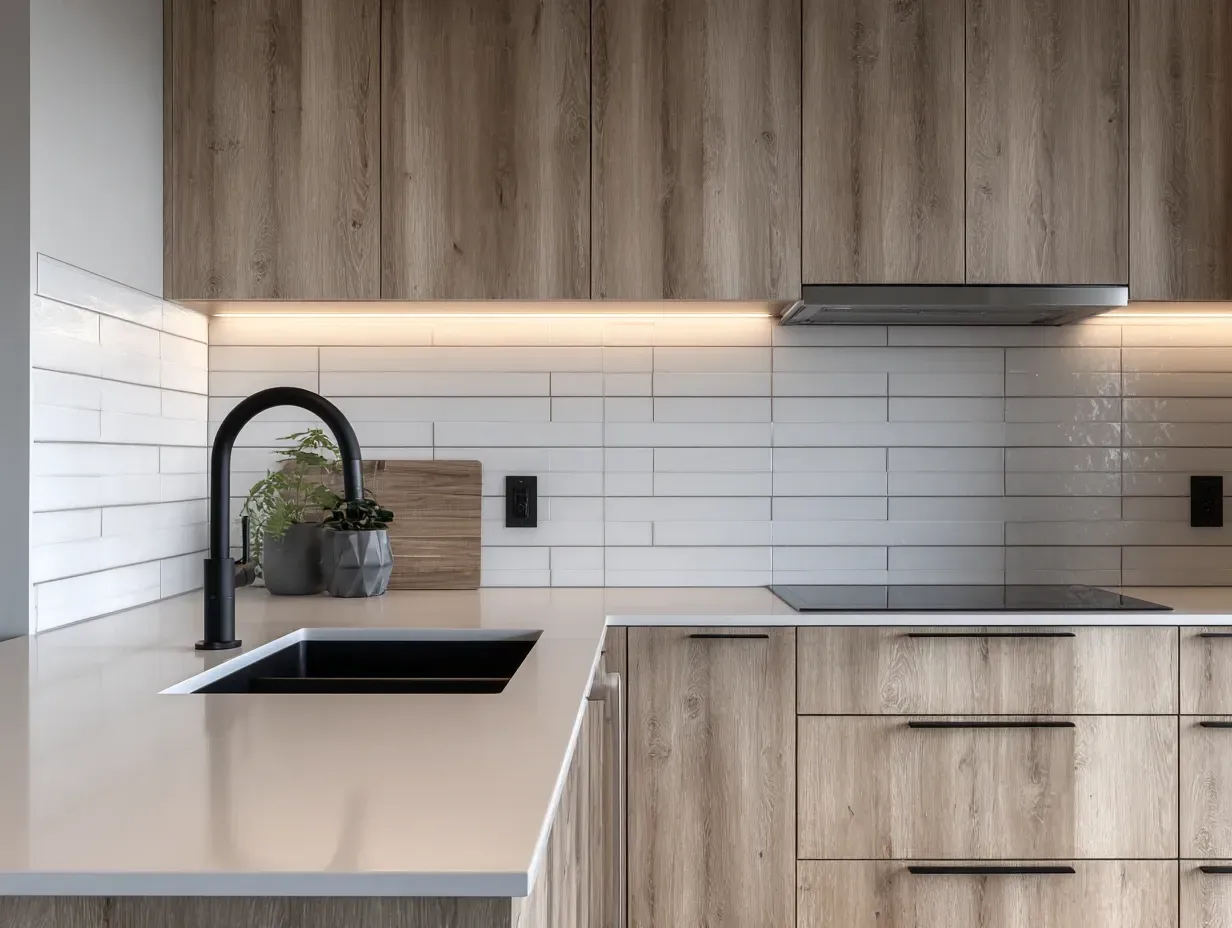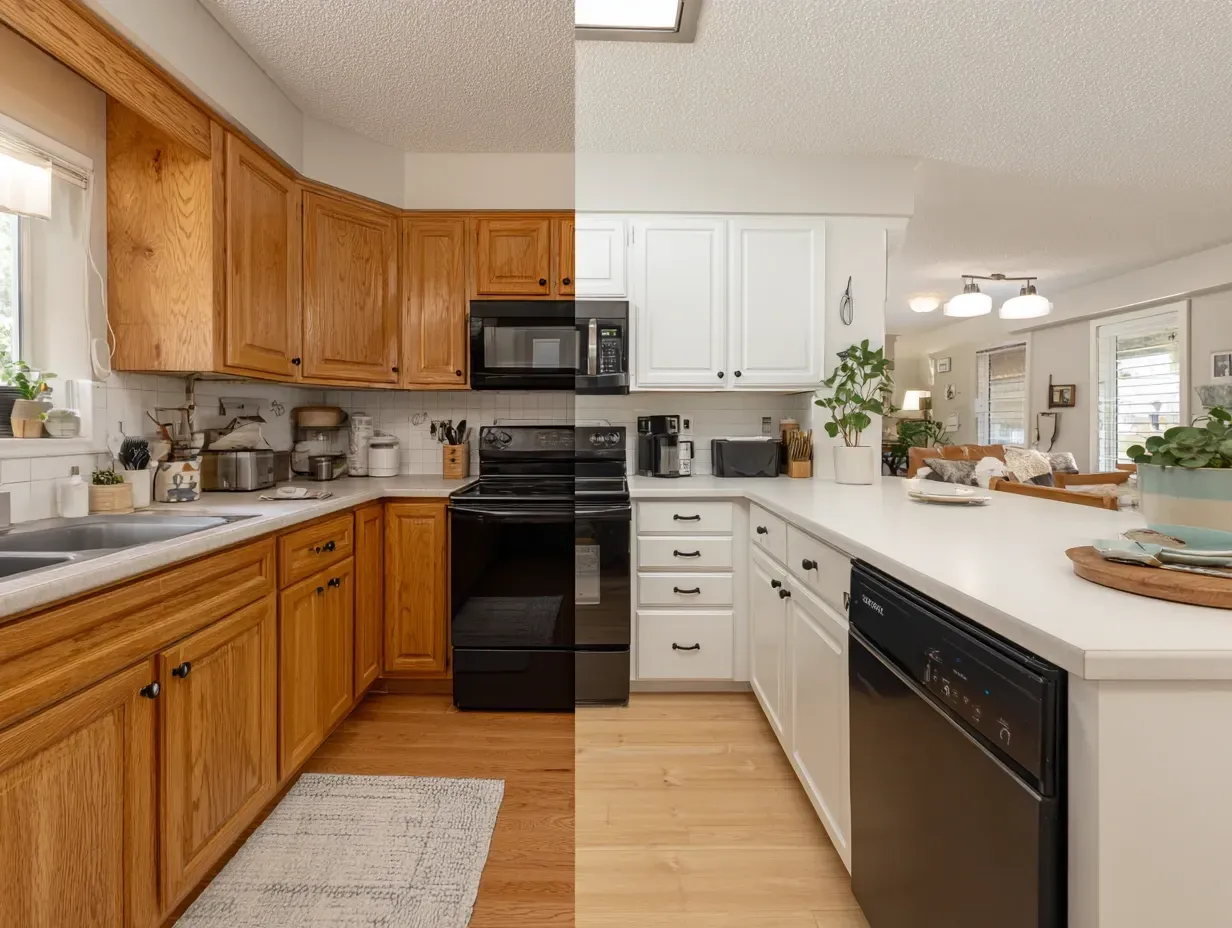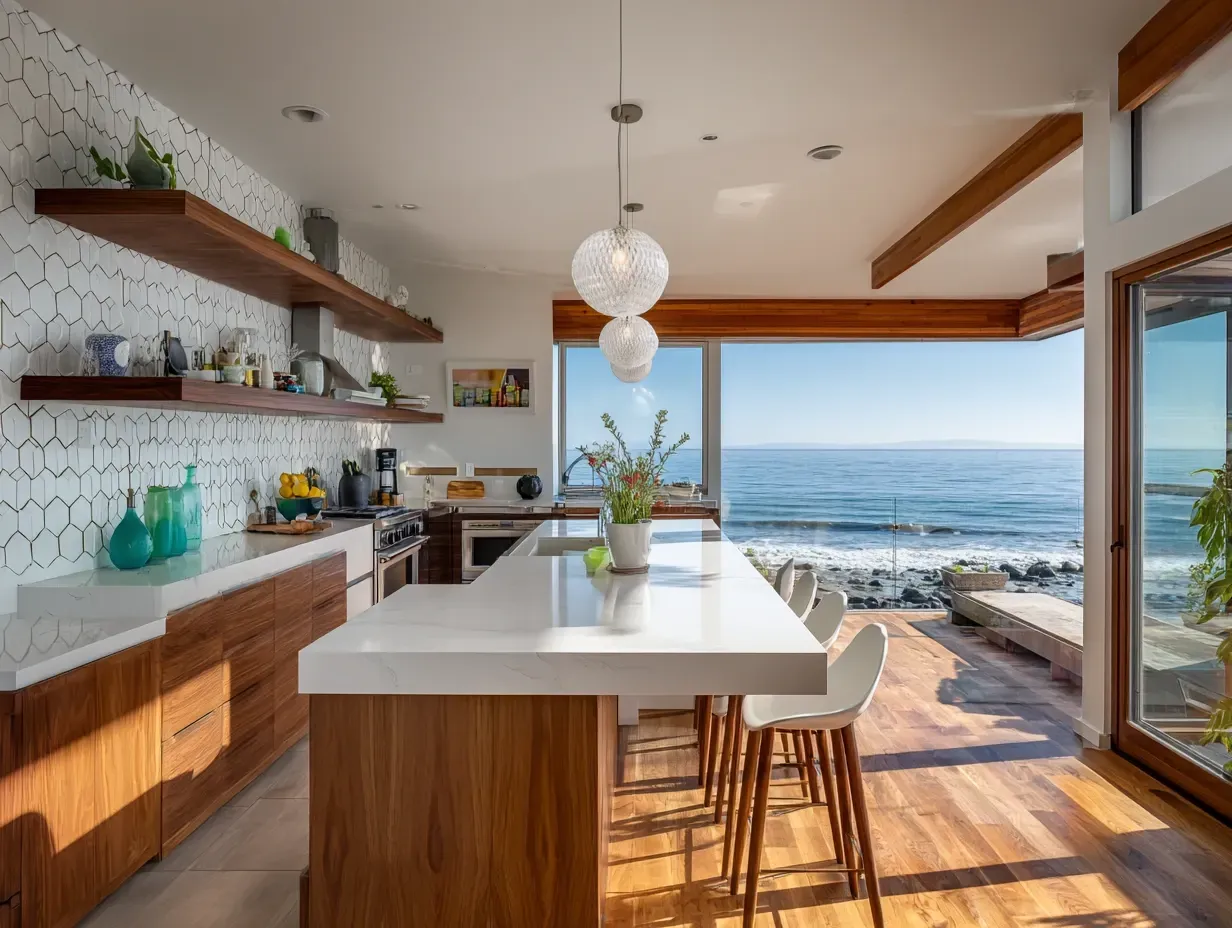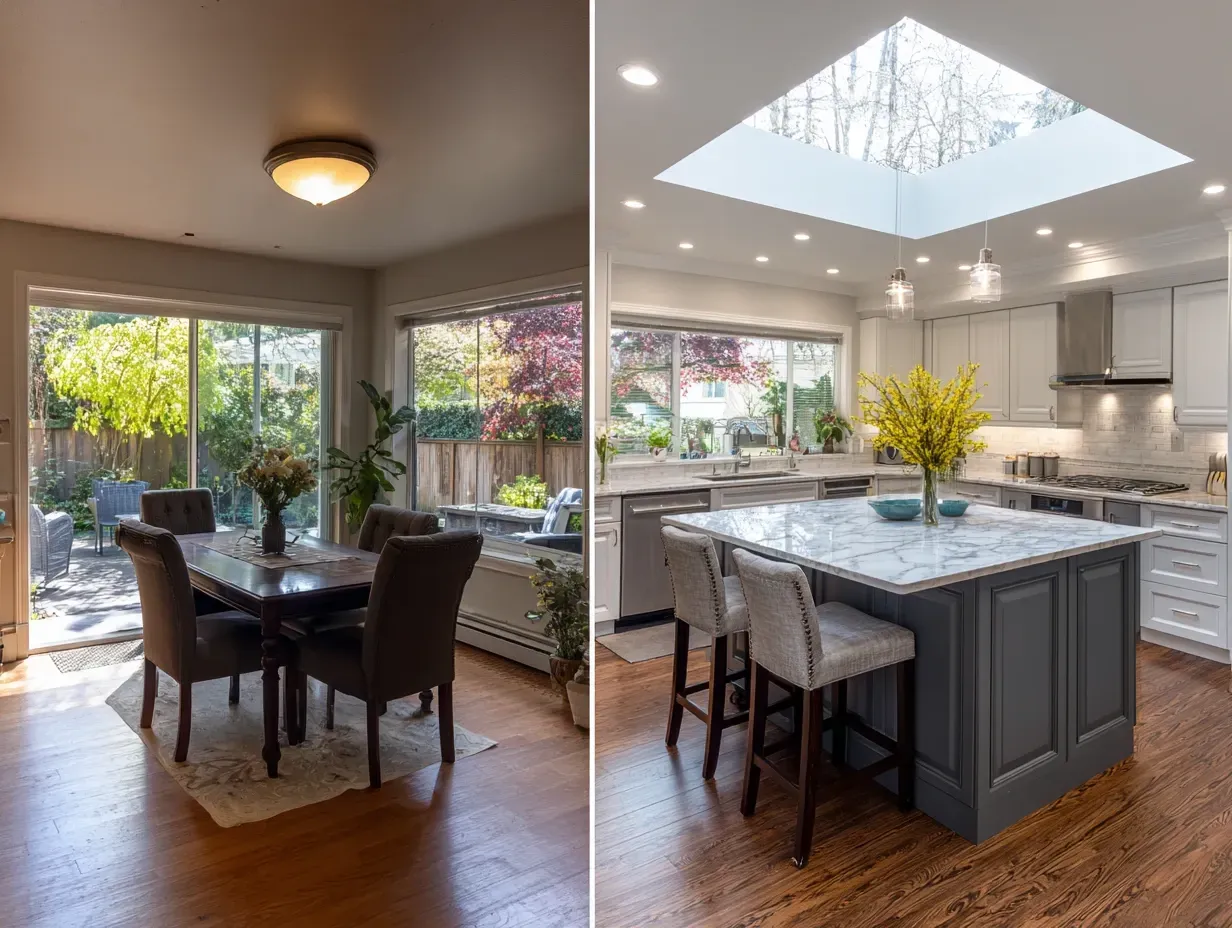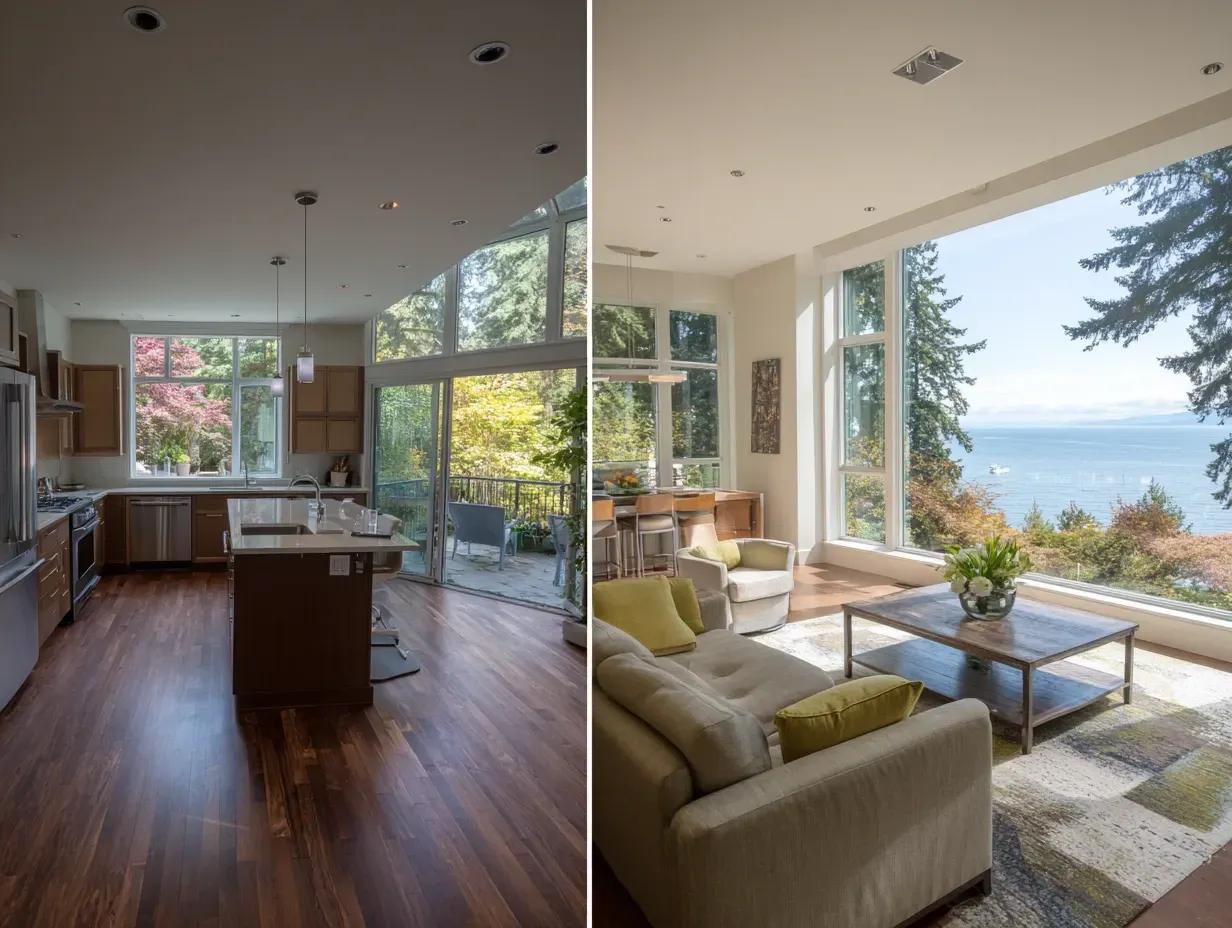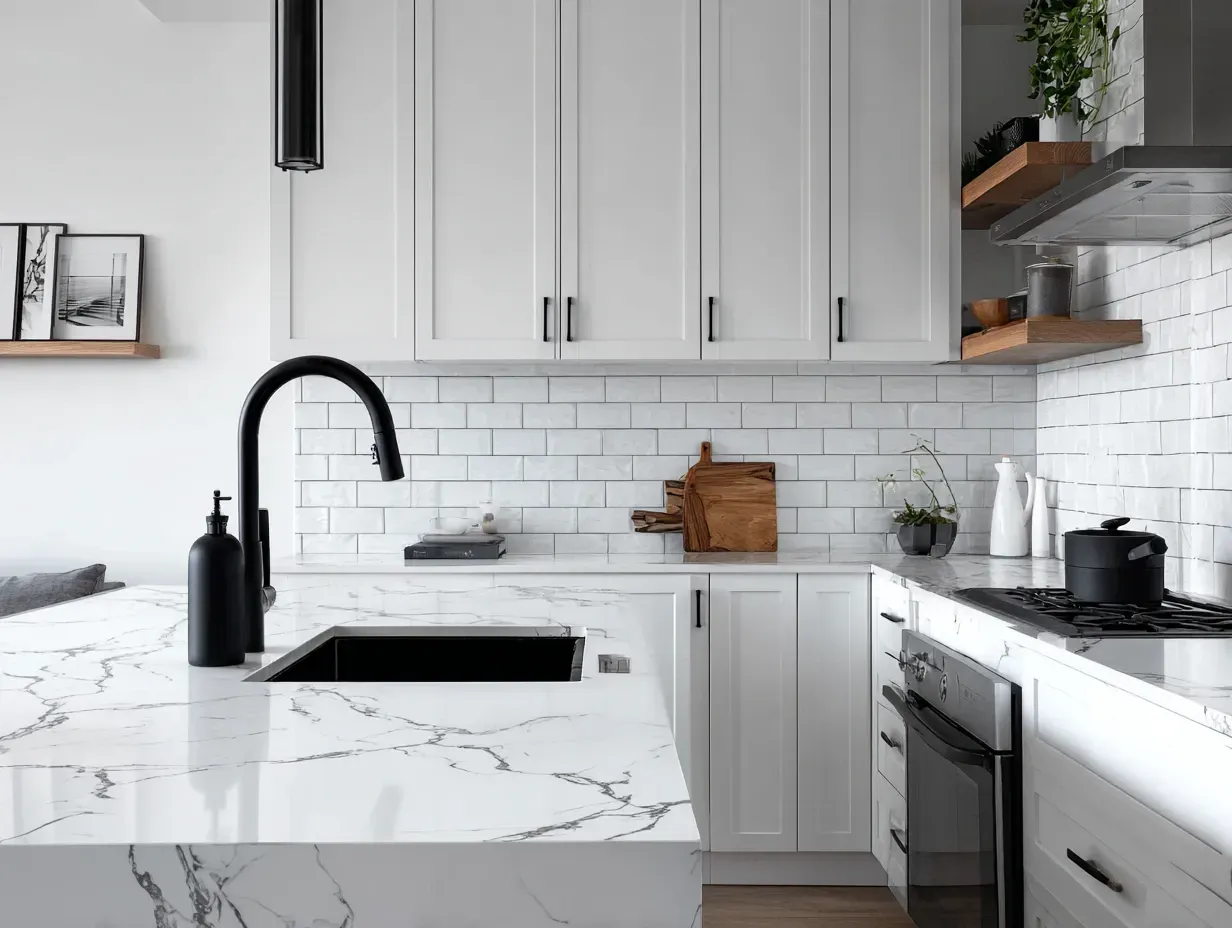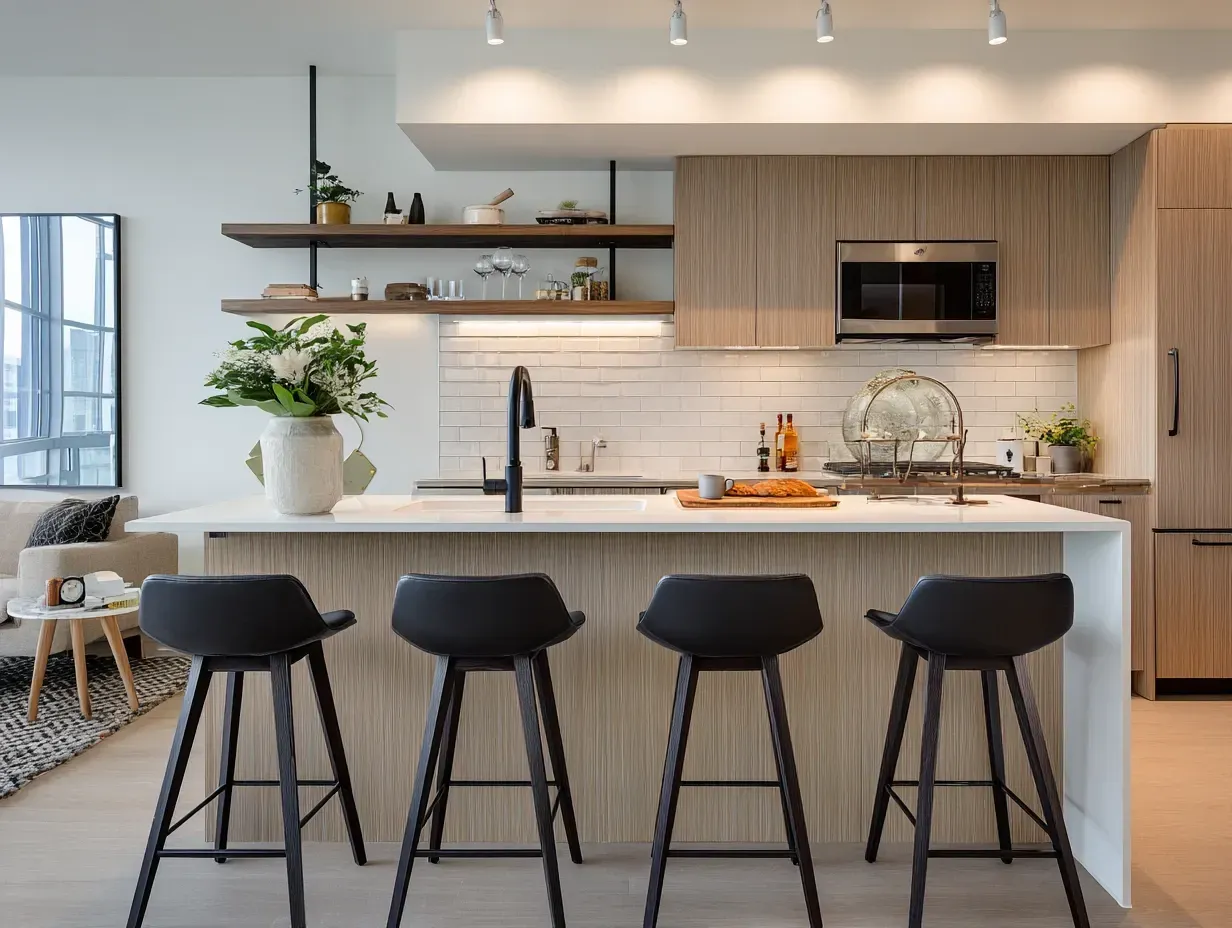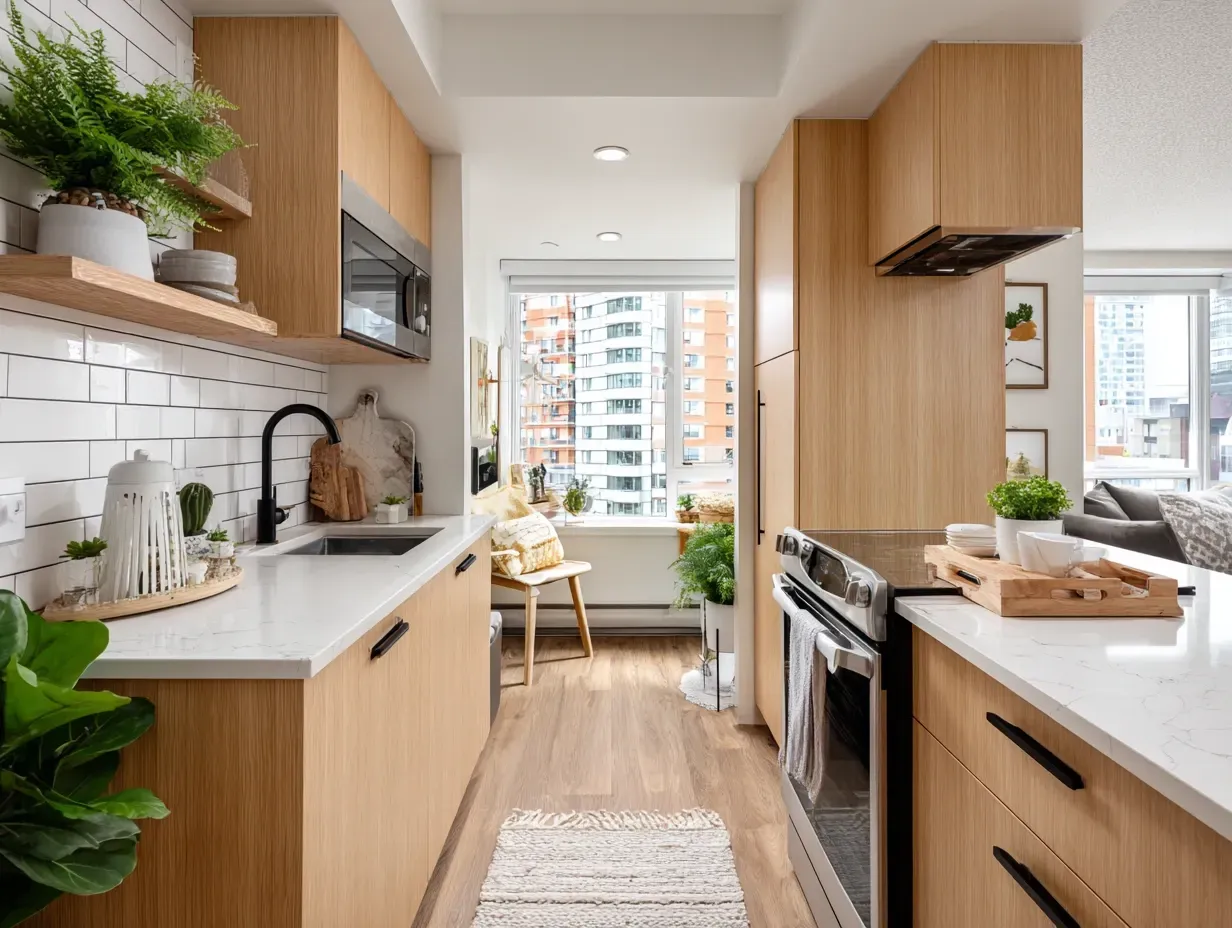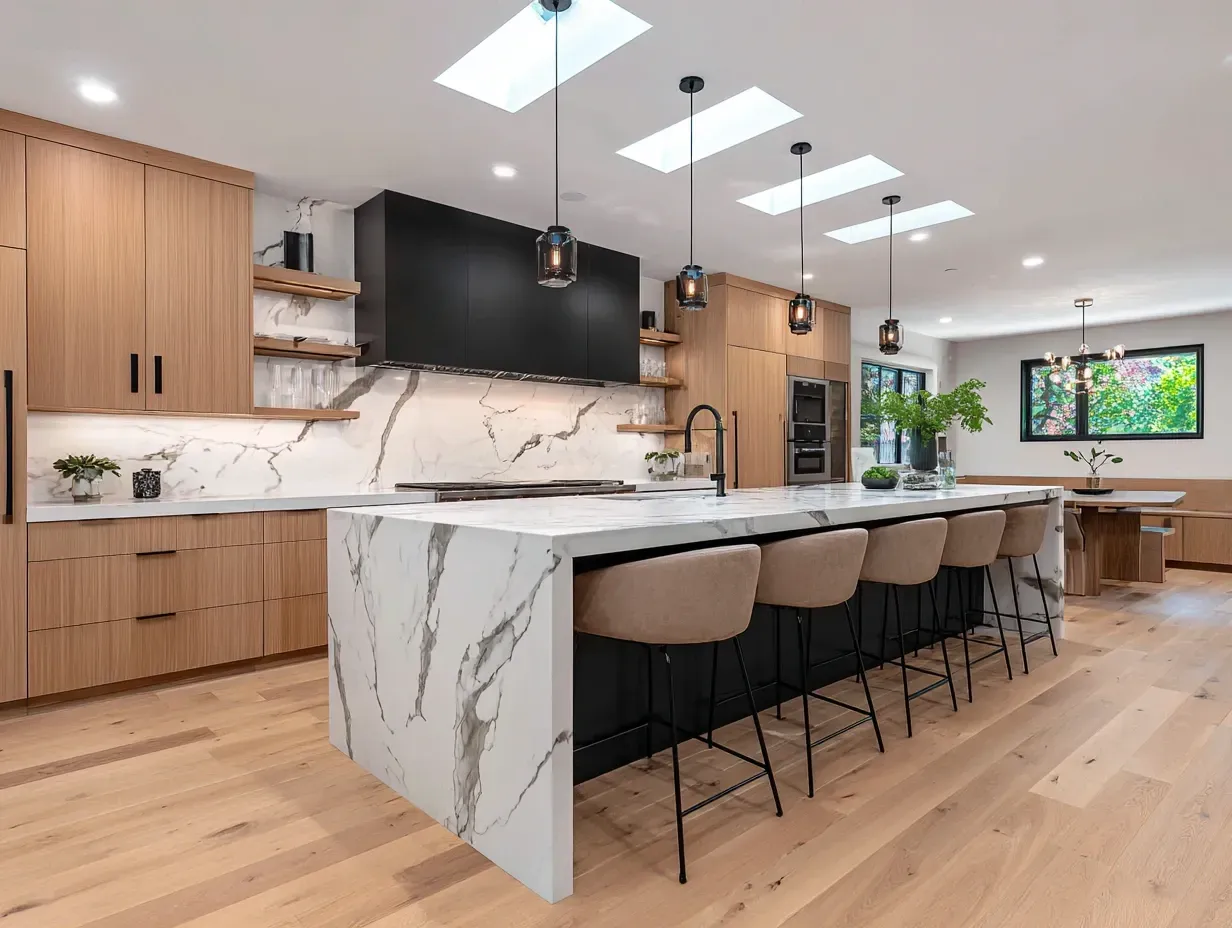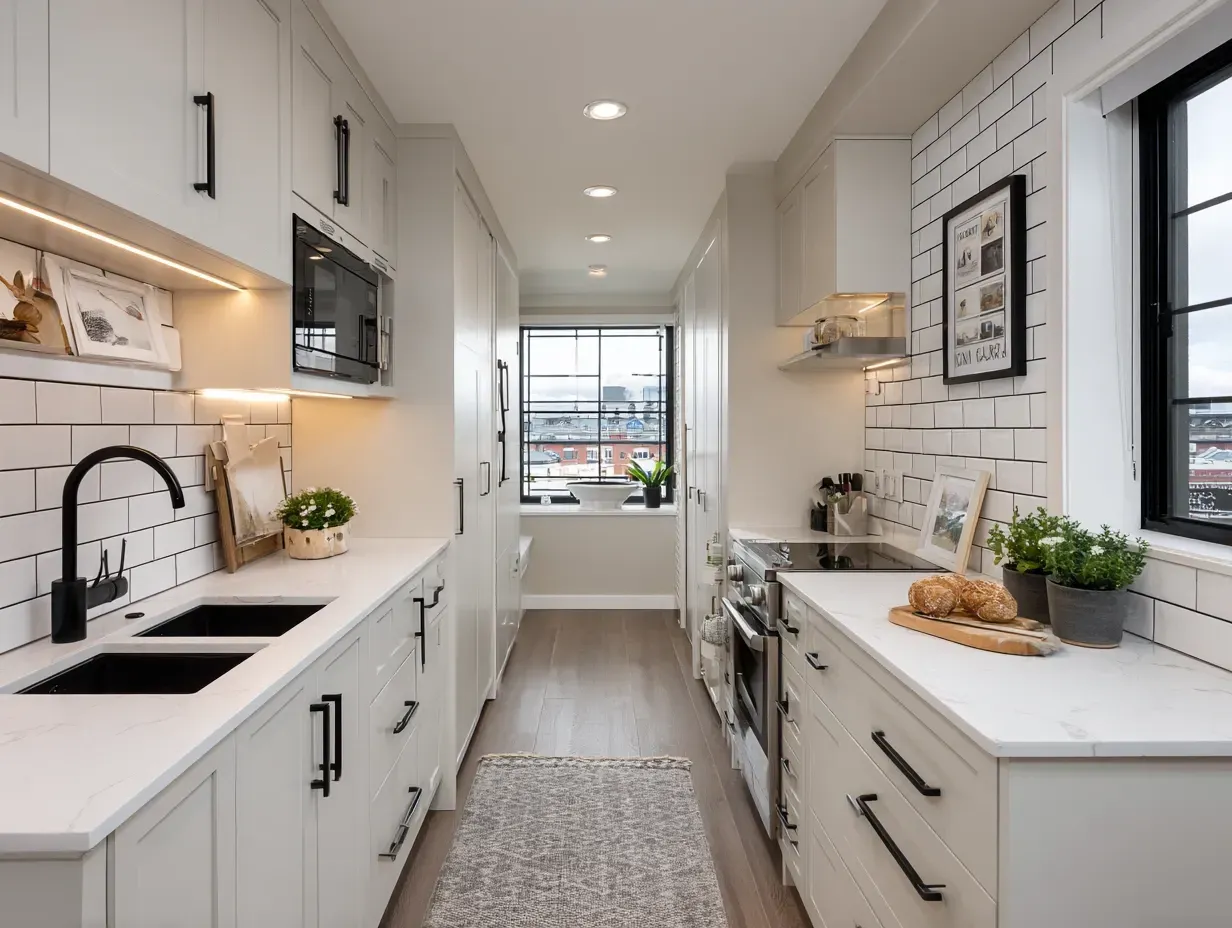How to Choose the Right Kitchen Remodeling Contractor
The Blueprint for Success: How to Choose the Right Kitchen Remodeling Contractor in Vancouver
In any kitchen remodel, your contractor is the most important member of your team. They are the conductor of a complex orchestra, responsible for transforming your carefully laid plans into a beautiful, functional reality.
A great contractor brings not just skill and expertise, but also clear communication, transparent business practices, and the ability to skillfully manage the dozens of moving parts and skilled tradespeople involved.
Choosing the right contractor is the single most critical decision you will make for the success of your project. The right partner can make the renovation journey an exciting and rewarding experience; the wrong one can lead to budget overruns, endless delays, and immense stress.
In a bustling and highly-regulated market like Vancouver, conducting thorough due diligence isn’t just a good idea—it’s the best investment you can make in your home and your peace of mind.
This guide will walk you through a step-by-step process for finding, vetting, and hiring a qualified professional you can trust.
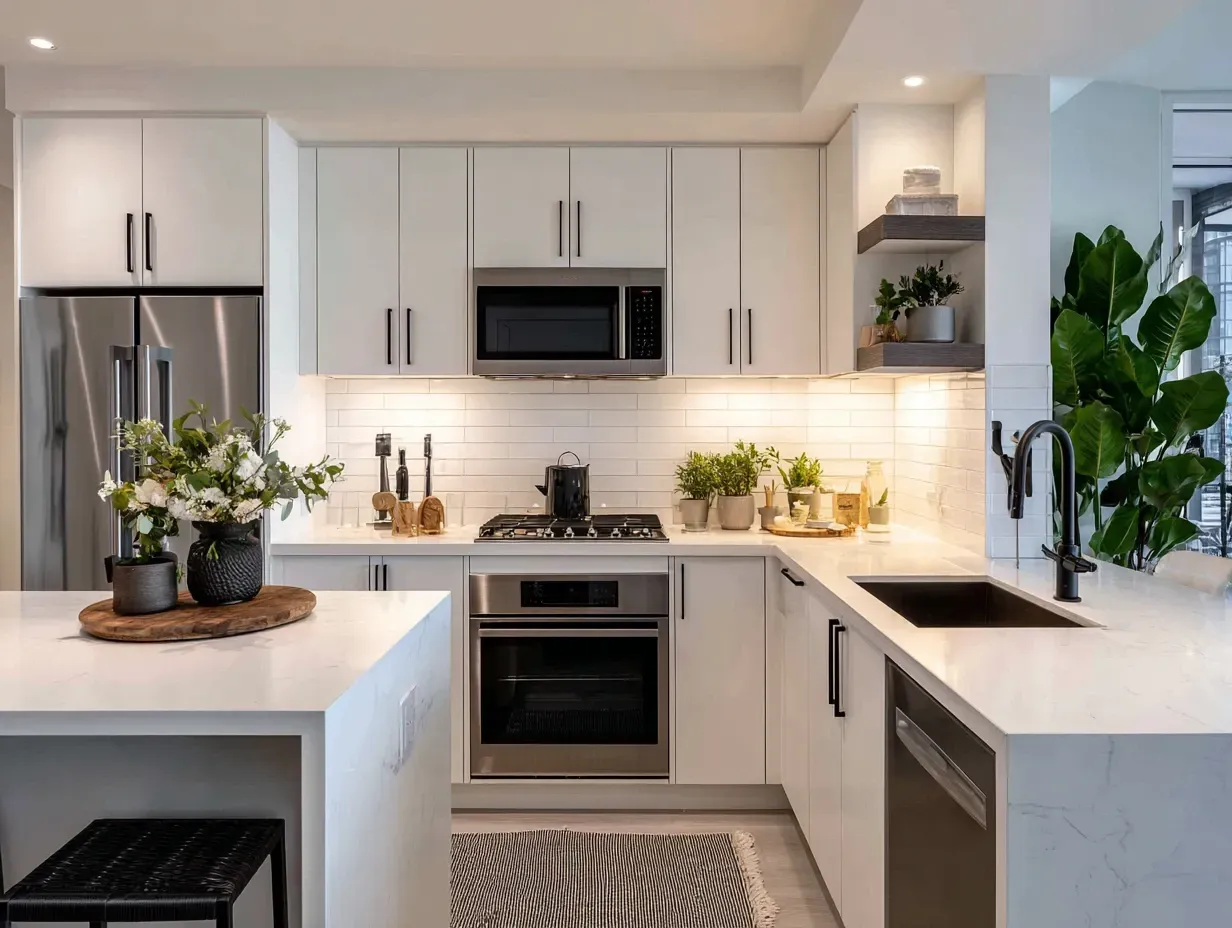
Step 1: Lay the Groundwork – Before You Make a Single Call
Reputable contractors are problem solvers, but they aren’t mind readers. The more prepared you are before you engage them, the more accurate their advice and bids will be.
- Define Your Vision and Scope: Have a clear idea of what you want to achieve. Are you doing a cosmetic refresh within the existing footprint, or a full-scale remodel that involves removing walls? Gather inspiration photos and create a list of your "must-haves" versus your "nice-to-haves."
- Establish a Realistic Budget Range: Have an honest conversation about your finances. Know what you are comfortable investing in the project, and be sure to include a contingency fund of at least 15-20% for unforeseen issues.
- Know Your "Why": Be ready to articulate your main goals. Are you remodeling for better functionality, for updated aesthetics, for resale value, or for your long-term "forever home"? A clear vision helps a contractor understand your priorities.
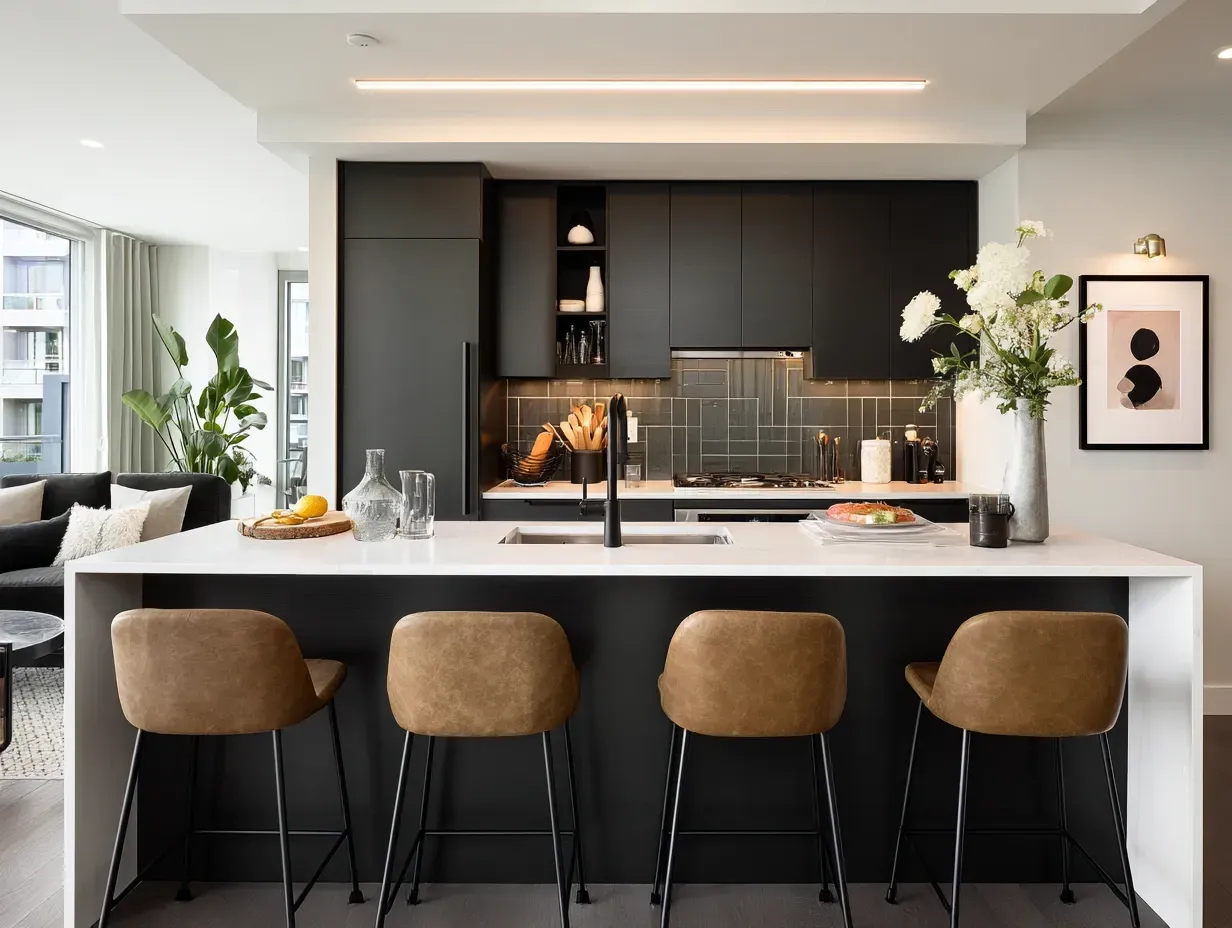
Step 2: Find Potential Candidates – Casting a Wide Net
Your goal here is to create a shortlist of three to five reputable contractors to interview.
- Personal Referrals (The Gold Standard): Start by asking people you trust. Friends, family, neighbours, or colleagues in the Vancouver area who have recently completed a renovation are your best source. Ask them not just about the final result, but about the entire experience: Was the communication clear? Was the project on time and on budget? How were challenges handled?
- Professional Referrals: If you’re working with an interior designer or architect, ask for their recommendations. They have firsthand experience working with contractors and know who is reliable, professional, and produces high-quality work.
- Industry Associations: Look to professional organizations like the Greater Vancouver Home Builders' Association (GVHBA). Members are required to adhere to a code of ethics and are often pre-vetted, providing an extra layer of confidence.
- Online Research: Use platforms like Houzz or local design blogs to view portfolios of work in the Vancouver area. Pay attention to the style and quality of their finished projects, but treat online reviews as just one part of your research.
Of course. Here is a comprehensive, evergreen article on how to choose the right kitchen remodeling contractor, written for a Vancouver homeowner.
The Blueprint for Success: How to Choose the Right Kitchen Remodeling Contractor in Vancouver
In any kitchen remodel, your contractor is the most important member of your team. They are the conductor of a complex orchestra, responsible for transforming your carefully laid plans into a beautiful, functional reality.
A great contractor brings not just skill and expertise, but also clear communication, transparent business practices, and the ability to skillfully manage the dozens of moving parts and skilled tradespeople involved.
Choosing the right contractor is the single most critical decision you will make for the success of your project. The right partner can make the renovation journey an exciting and rewarding experience; the wrong one can lead to budget overruns, endless delays, and immense stress.
In a bustling and highly-regulated market like Vancouver, conducting thorough due diligence isn’t just a good idea—it’s the best investment you can make in your home and your peace of mind.
This guide will walk you through a step-by-step process for finding, vetting, and hiring a qualified professional you can trust.
Step 1: Lay the Groundwork – Before You Make a Single Call
Reputable contractors are problem solvers, but they aren’t mind readers. The more prepared you are before you engage them, the more accurate their advice and bids will be.
- Define Your Vision and Scope: Have a clear idea of what you want to achieve. Are you doing a cosmetic refresh within the existing footprint, or a full-scale remodel that involves removing walls? Gather inspiration photos and create a list of your "must-haves" versus your "nice-to-haves."
- Establish a Realistic Budget Range: Have an honest conversation about your finances. Know what you are comfortable investing in the project, and be sure to include a contingency fund of at least 15-20% for unforeseen issues.
- Know Your "Why": Be ready to articulate your main goals. Are you remodeling for better functionality, for updated aesthetics, for resale value, or for your long-term "forever home"? A clear vision helps a contractor understand your priorities.
Step 2: Find Potential Candidates – Casting a Wide Net
Your goal here is to create a shortlist of three to five reputable contractors to interview.
- Personal Referrals (The Gold Standard): Start by asking people you trust. Friends, family, neighbours, or colleagues in the Vancouver area who have recently completed a renovation are your best source. Ask them not just about the final result, but about the entire experience: Was the communication clear? Was the project on time and on budget? How were challenges handled?
- Professional Referrals: If you’re working with an interior designer or architect, ask for their recommendations. They have firsthand experience working with contractors and know who is reliable, professional, and produces high-quality work.
- Industry Associations: Look to professional organizations like the Greater Vancouver Home Builders' Association (GVHBA). Members are required to adhere to a code of ethics and are often pre-vetted, providing an extra layer of confidence.
- Online Research: Use platforms like Houzz or local design blogs to view portfolios of work in the Vancouver area. Pay attention to the style and quality of their finished projects, but treat online reviews as just one part of your research.
Step 3: The Vetting Process – Do Your Homework
Once you have your shortlist, it’s time to dig deeper. This is the crucial diligence phase that separates the professionals from the pretenders. For each candidate, you must verify the following non-negotiables:
- A Valid Business License: They must hold a current business license for the municipality in which you live (e.g., City of Vancouver, Burnaby, etc.).
- WorkSafeBC Coverage: This is mandatory in British Columbia. Ask for a Clearance Letter from WorkSafeBC. This proves they are registered and in good standing, protecting you from any liability if a worker is injured on your property.
- Liability Insurance: Ask for a copy of their insurance certificate. They should have a minimum of $2 million in liability insurance, though $5 million is preferable for larger projects. This protects your property from accidental damage.
- Experience with Your Type of Project: Ensure they have extensive, recent experience with kitchen remodels. Crucially, if you live in a condo or strata, you must hire a contractor with proven experience working in multi-family buildings. Navigating strata council approvals, bylaw restrictions, elevator bookings, and common property protection is a specialized skill.
After verifying these credentials, ask to speak with two or three of their most recent clients. Go beyond "Were you happy?" and ask specific questions about communication, problem-solving, and the professionalism of their team and sub-trades.
Step 4: The Interview – Ask the Right Questions
The interview is your chance to assess their professionalism, communication style, and processes. Key questions to ask include:
- Who will be my main point of contact and who will be on-site supervising the project daily?
- Do you primarily use in-house employees or a team of regular subcontractors? Are all your sub-trades licensed and insured?
- What is your experience with the building permit process in my municipality?
- How do you handle changes or unforeseen issues? (Look for a clear "change order" process that is documented in writing).
- Can you provide a sample project schedule so I can understand your process?
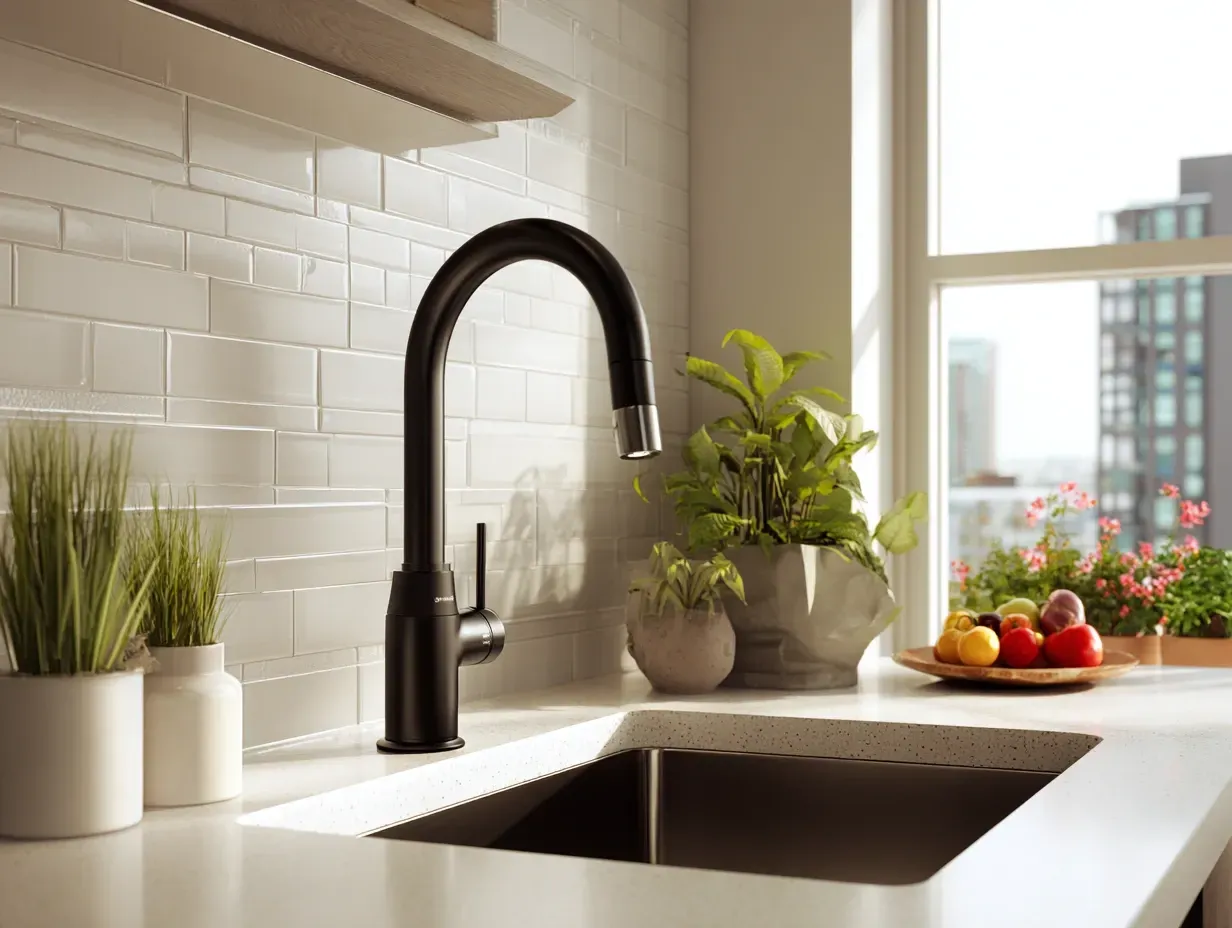
Step 5: Compare the Bids – Look Beyond the Bottom Line
You should aim to receive at least three detailed, written bids. When comparing them, resist the temptation to simply choose the lowest price.
A significantly lower bid is often a red flag, indicating that something has been missed, lower-quality materials are being used, or the contractor is desperate for work.
Instead, compare the bids "apples-to-apples." A professional quote will be highly detailed and itemized, breaking down the costs for labour, materials, permits, and allowances. A vague, one-page quote is a sign of unprofessionalism.
Look for what isn't included. Does one bid omit the cost of permits, waste disposal, or final cleanup? The most detailed and transparent bid often comes from the most organized and professional contractor.
Step 6: The Contract – Get Everything in Writing
Once you’ve chosen your contractor, do not proceed with any work until you have a detailed, signed contract. This document is your most important protection.
It should include:
- A Detailed Scope of Work: A comprehensive description of all the work to be done and materials to be used.
- Total Cost and Payment Schedule: The schedule should link payments to project milestones (e.g., completion of demolition, passing rough-in inspection, etc.). Never agree to pay a huge deposit upfront.
- Estimated Start and Completion Dates: While these can be subject to change, having them in writing sets clear expectations.
- Procedures for Change Orders: A clear process for how changes to the scope of work will be priced and approved in writing.
- Proof of License, Insurance, and WorkSafeBC Coverage: These documents should be attached to the contract.
The Final Decision
Choosing a kitchen remodeling contractor is a business decision that requires patience and diligence.
Trust your gut, but always verify with credentials, references, and a rock-solid contract.
By being a prepared and informed client, you empower yourself to find a true professional partner who will not only build you a beautiful kitchen but also provide security and peace of mind throughout the entire transformative process.
Recent Posts
